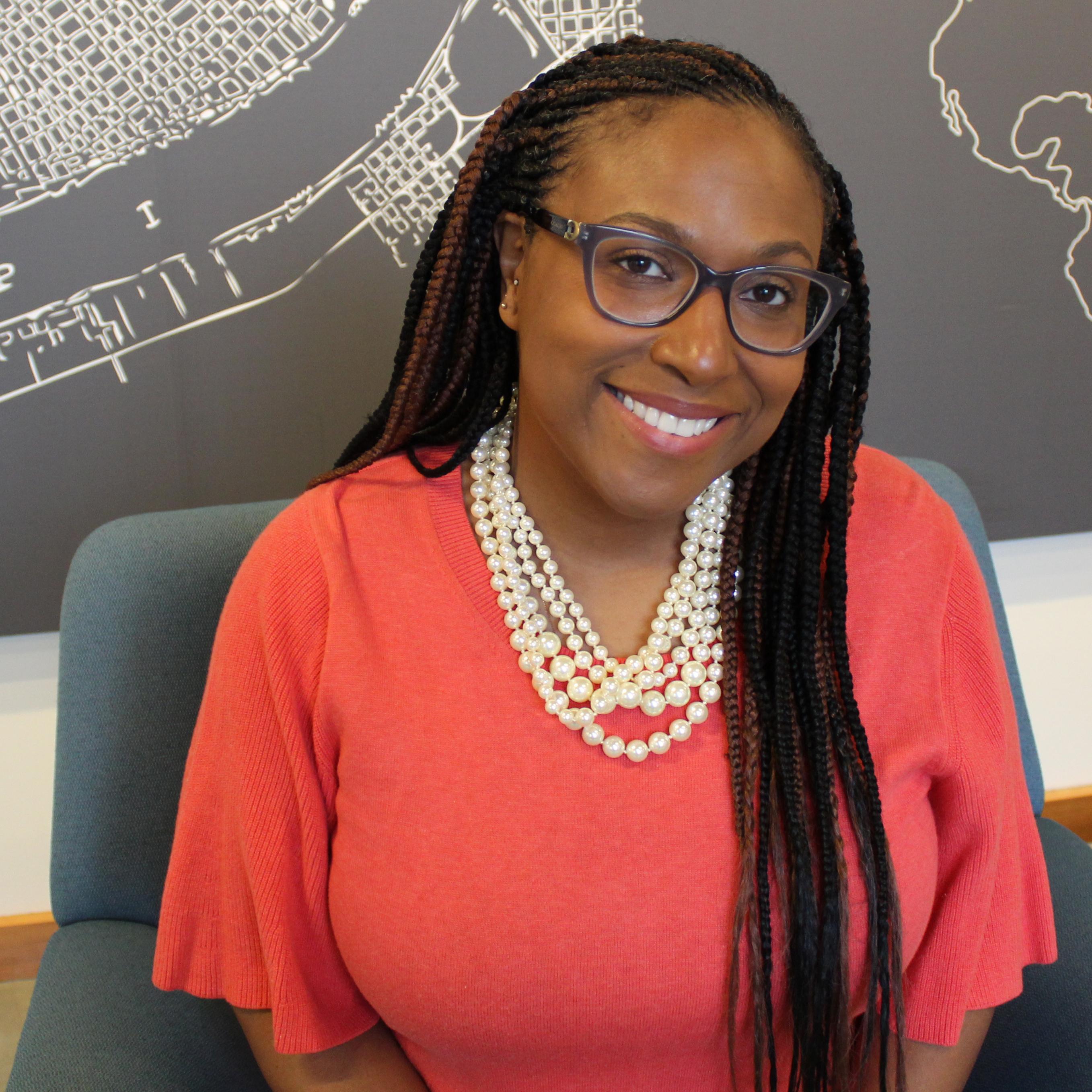Opinion: Aging is inevitable, but negative mental health impacts aren't
“Aging is inevitable, undeniable and a native aspect of all biology. But we maximize the chance of more vital years by taking good care of ourselves.”
-Dr. Michael Greger, a physician, founding member and Fellow of the American College of Lifestyle Medicine
Healthy aging as defined by aging experts refers to “the preservation of optimal vitality for an optimal span – a bounty of years in life (longevity) and life in years (vitality).” Thanks to healthier lifestyle habits, medical interventions, and scientific breakthroughs, the life expectancy for both men and women in the United States is now 78.4 years old and the number of older adults is expected to grow to 88.8 million by the year 2060!
As we age, we experience a myriad of physical, mental, and emotional transitions with many of those transitions producing unique challenges and effects. Although, the effects produced are gradual, the challenges tend to occur quickly with limited time to address them. The most prominent and outwardly noticeable changes usually present physically as grey hair and wrinkles while changes in mobility, sleep, diet, and cognition may not be so easily recognizable.
The leading causes of death for older adults in the United States are heart disease, cancer, COVID-19, stroke, chronic lower respiratory diseases, Alzheimer’s disease, and diabetes with many older adults experiencing multiple chronic illnesses simultaneously. By contrast, falls are the leading cause of both fatal and non-fatal injuries among older adults. Injuries from falls can range from hip fractures that limit mobility, head trauma leading to a decline in cognitive functioning, or death. Members of our community age 85 and older have the highest rate of suicide when compared to any other age group with 1 in 4 older adults having been diagnosed with a mental health disorder such as depression, anxiety, substance abuse, or co-occurring disorders.
Experts in geriatrics and gerontology agree that by adopting healthy aging habits we create a buffer for many of the negative experiences associated with aging. According to the 2025 U.S. News Healthy Aging Survey, the top health priorities of healthy aging include: the incorporation of a regular, moderate intensity exercise regimen that includes both cardio and strength training; a healthy diet that includes staying hydrated and eating foods rich in protein and vitamin B12; and a maintaining a balanced mind-body connection that includes quality sleep, stress management, and mindfulness. The most noteworthy insight from the Health and Retirement study is that the ability to build and maintain social connections and engagements that include visiting neighbors, and volunteering have been linked to positive cognitive health outcomes among older adults. This is especially important because social isolation has been linked to an increased risk of developing of chronic diseases, increased mental health issues, and an increased risk of pre-mature death.
As the end of Healthy Aging Month approaches, I urge everyone to spend time with an older loved one, friend, or neighbor and talk with them about healthy aging habits because after all, “Aging is inevitable, undeniable and a native aspect of all biology. But we maximize the chance of more vital years by taking good care of ourselves.”
If you're interested in geriatric social work, here are a few helpful fact sheets:
- Five Myths About Aging
- How to Stay Active as You Age
- Physical Activity for Aging Adults
- Tips to Boost Your Health as You Age
Dr. Missy Malone is a Senior Professor of Practice for Tulane School of Social Work. Prior to obtaining her PhD, Dr. Malone worked as a Geriatric Behavioral Health Social Worker in Southwest Louisiana and as a Mental Health Social Worker at Louisiana State Penitentiary at Angola. Her research interests include: the aging process among prisoners, dementia and other cognitive disorders among older prisoners, mental health issues among older prisoners, and federal and state policies regarding smart and effective decarceration.

